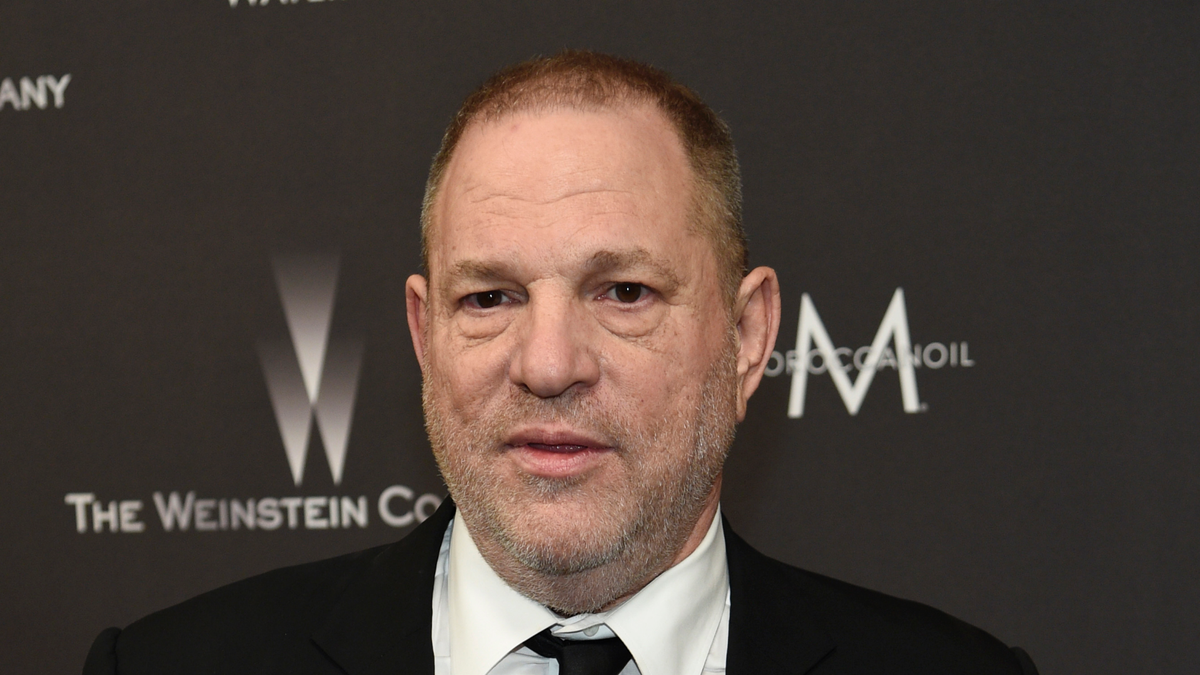
NEW YORK – Law enforcement officials say Harvey Weinstein is expected to surrender to authorities Friday morning to face criminal charges in a months-long investigation into allegations that he sexually assaulted women.
The two officials said the criminal case involves allegations by Lucia Evans, a former actress who was among the first women to speak out about Weinstein. The case would be the first criminal charge against the film producer since scores of women began coming forward to accuse him of harassment or assault, triggering a cascade of accusations against media and entertainment figures that has become known as the #MeToo movement.
The two officials spoke to The Associated Press on condition of anonymity because they weren't authorized to discuss the investigation.
A grand jury has been hearing evidence in the case for weeks.
The precise charges Weinstein is expected to face weren't immediately clear. Weinstein's attorney, Benjamin Brafman, declined to comment. Weinstein has said repeatedly, through his lawyers, that he did not have nonconsensual sex with anyone.
Evans told The New Yorker in a story published in October that Weinstein forced her to perform oral sex during a daytime meeting at his New York office in 2004, the summer before her senior year at Middlebury College.
"I said, over and over, 'I don't want to do this, stop, don't,' " she told the magazine. "I tried to get away, but maybe I didn't try hard enough. I didn't want to kick him or fight him."
She didn't report the incident to police at the time, telling The New Yorker's Ronan Farrow that she blamed herself for not fighting back.
"It was always my fault for not stopping him," she said.
In recent months, Manhattan District Attorney Cyrus Vance has come under enormous public pressure to make a criminal case. Some women's groups, including the Hollywood activist group Time's Up, accused the Democrat of being too deferential to Weinstein and too dismissive of his accusers.
In March, New York Gov. Andrew Cuomo took the extraordinary step of ordering the state's attorney general to investigate whether Vance acted properly in 2015 when he decided not to prosecute Weinstein over a previous allegation of unwanted groping, made by an Italian model.
Vance had insisted any decision would be based on the strength of the evidence, not on political considerations.
Weinstein was fired from the company he co-founded and expelled from the organization that bestows the Academy Awards last fall after The New York Times and The New Yorker published articles about his treatment of women, including multiple allegations that he groped actresses, exposed himself to them or forced them into unwanted sex.
His accusers included some of the biggest names in Hollywood. Several actresses and models accused him of criminal sexual assaults, including film actress Rose McGowan, who said Weinstein raped her in 1997 in Utah, "Sopranos" actress Annabella Sciorra, who said he raped her in her New York apartment in 1992, and the Norwegian actress Natassia Malthe, who said he attacked her in a London hotel room in 2008. Another aspiring actress, Mimi Haleyi, said Weinstein forcibly performed oral sex on her in his New York apartment in 2006.
New York City police detectives said in early November that they were investigating allegations by another accuser, "Boardwalk Empire" actress Paz de la Huerta, who told police in October that Weinstein raped her twice in 2010.
It's not clear whether Weinstein will face additional charges involving other women.

